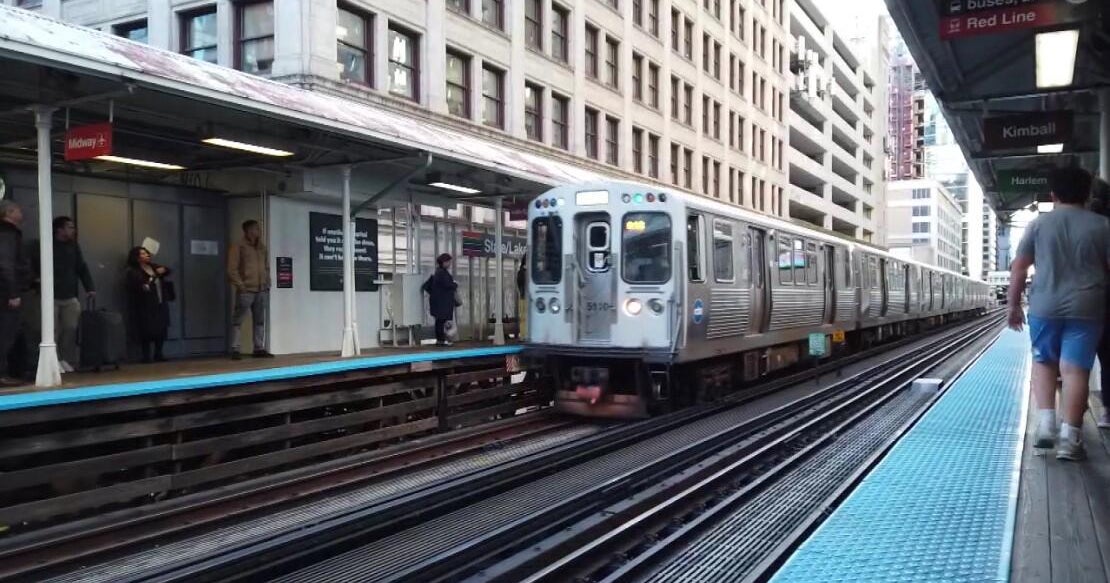Democratic lawmakers in Springfield have unveiled a new plan to keep public transit in the Chicago area from going off a fiscal cliff, but Gov. JB Pritzker said the plan isn’t going forward, saying more work needs to be done to reach a final deal.
With the state legislature’s annual veto session drawing to a close on Thursday, Illinois lawmakers are racing to figure out how to avoid massive cuts to the Chicago area’s public transit systems.
Illinois House Democrats have pitched a new plan to raise more than $1 billion to fund public transit, and transit workers said the clock on that plan is ticking.
“I’m afraid that a lot of people are going to lose their jobs. That’s what I’m afraid of,” said CTA bus operator Tiffany Rebb.
Rebb has been driving buses for the Chicago Transit Authority for eight years. It’s a job she loves and hopes is still around come 2026.
“We’re all just worried, not knowing what the outcome may be, but hopeful that it will work in our favor,” she said.
With less than two days left in the fall legislative session, House Democrats rolled out a sweeping plan in hopes of avoiding deep cuts to the CTA, Metra, and Pace.
The proposal calls for a 7% entertainment tax on big-ticket events like concerts and sports, a nearly 5% “billionaire tax” on investment gains, and dedicating 50% of revenue from speed cameras outside Chicago toward a new transit agency overseeing all three systems.
The plan also would slightly increase some sales tax rates, including a quarter-percent hike on taxes on some food sales in Cook County.
“What we have proposed is a suite of taxes that don’t hit the normal person, don’t hit the everyday Chicagoan in their pocketbook,” said Illinois state Rep. Kam Buckner (D-Chicago), the lead sponsor of the House Democrats’ transit reform plan.
Gov. JB Pritzker said he wants a “world-class transit system for the state,” but hasn’t said which taxes he’s willing to support. He called the House Democrats’ plan a non-starter.
“As it is, it’s not going forward. There’s got to be a lot of discussion between the House and the Senate in order to come up with a final bill, because it isn’t going to look like what the House has put forward,” he said.
Without state help with its fiscal crisis, the CTA has said it could be forced to cut bus and train service as much as 25% starting next summer. The CTA already proposed a 25-cent fare hike starting in February as part of its budget plan for 2026, regardless of what happens with a transit funding plan in Springfield.
If lawmakers can’t agree on a transit funding plan before the veto session ends, transit workers said the future of how Chicago moves could be on the line.
“Let’s just get this done for the people of the inner communities. Let’s just get this done,” Rebb said.
For months, the Regional Transportation Authority – which oversees CTA, Metra, and Pace – had warned of a combined $770 million budget shortfall for 2026, but earlier this month said that budget gap had been reduced to $200 million due to a big boost in sales tax revenue this year.
But the agency warned that without a funding package to keep Illinois’ trains and buses running from state lawmakers, the fiscal cliff will balloon back to $790 million in 2027.
More from CBS News

